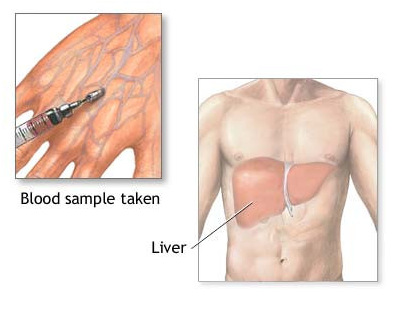 Lipid tests are routinely performed on plasma, which is the liquid part of blood without the blood cells. Lipids themselves are a group of organic compounds that are greasy and cannot be dissolved in water, although they can be dissolved in alcohol. Lipid tests include measurements of total cholesterol, triglycerides, high-density lipoprotein (HDL) cholesterol, and low-density lipoprotein (LDL) cholesterol.
Lipid tests are routinely performed on plasma, which is the liquid part of blood without the blood cells. Lipids themselves are a group of organic compounds that are greasy and cannot be dissolved in water, although they can be dissolved in alcohol. Lipid tests include measurements of total cholesterol, triglycerides, high-density lipoprotein (HDL) cholesterol, and low-density lipoprotein (LDL) cholesterol.
Lipid tests may also be performed on amniotic fluid, which is the fluid that surrounds the fetus during pregnancy. Prenatal lipid tests include tests for lecithin and other pulmonary (lung) surfactants that cover the air spaces in the lungs with a thin film.
Why It’s Done?
The purpose of blood lipid testing is to determine whether abnormally high or low concentrations of a specific lipid are present. Low levels of cholesterol are associated with liver failure and inherited disorders of cholesterol production. Cholesterol is a primary component of the plaques that form in atherosclerosis and is therefore the major risk factor for the rapid progression of coronary artery disease (CAD). High blood cholesterol may be inherited or result from such other conditions as biliary obstruction, diabetes mellitus, hypothyroidism, and nephrotic syndrome. In addition, cholesterol levels may be increased in persons who eat foods that are rich in saturated fats and cholesterol, and who lead a sedentary lifestyle.

Advanced Facility Helps Make Exact Diagnosis. View More >>